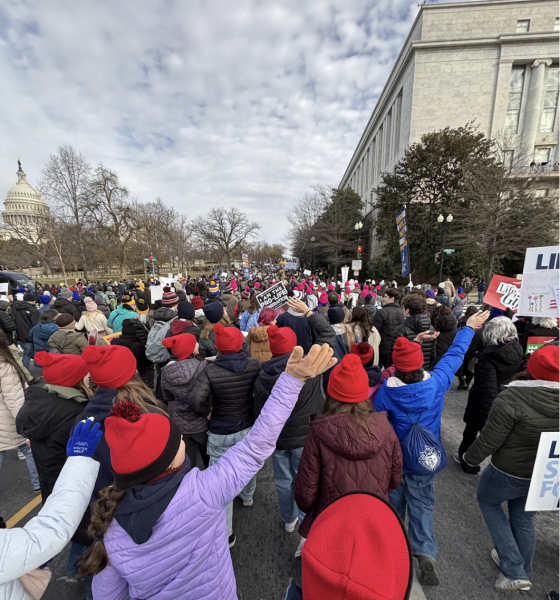BREAKING: 2020 Summer Olympics Postponed
(Photo: Pixabay user krill_sobolev)
This colorful staircase can be found in Hong Kong, China. It recounts centuries of Summer Olympics hosted across the world– including the cancelled Games of 1916, 1940, and 1944.
As the global pandemic progressed over the past couple of months, sports fans across the world have wondered about the effect it will have on the Olympics. Just yesterday on Tuesday, March 24, Japan and the International Olympic Committee (IOC) released a statement officially postponing the Summer Games until “the summer of 2021 at the latest.” Delays and cancellations are far from ordinary; in the 124 years of modern Olympic history, there have only been three canceled Games. The Summer Olympics had been canceled in 1916, 1940, and 1944 due to the ongoing world wars. Towards the end of the influenza pandemic of 1918, the 1920 summer Olympics held in Antwerp, Belgium, occurred from April to September. Despite the mosquito-transmitted Zika virus, the 2016 Summer Olympics were held in Rio de Janeiro and ran on the normal schedule. However, unlike the coronavirus, Zika virus was less easily transmitted between humans and therefore was less of a risk.
While Japan as well as major investors, such as Toyota and Panasonic, have spent about 12.85 billion dollars to design and plan the Summer Olympics, the postponement has prompted analysts to question whether or not this could cause a “huge blow” to Japan’s economy. According to Capital Economics, the postponement could drag down tourism and consumption could be dragged down. Compared to last year, foreign visitors has dropped 58 percent in February.
According to Takashi Miwa, an economist at Nomura, the postponement of the games can possibly impact the GDP by 0.5 to 0.8 percent and “would badly influence Japanese consumer confidence.” Stefan Angrick of Oxford Economics, however, told CNBC: “The additional economic impact of a decision not to hold the Games in 2020 is relatively limited…The games raise economic activity by triggering construction in the years leading up to the event, and by boosting inbound tourism and associated consumption at the time the Games take place. As construction is complete, that impact is already reflected in past GDP data and won’t change.”
In other words, Angrick argues the postponement will not have a significant negative impact on the economy because building the Olympics itself and the attraction of tourism generates income and money.
Within hours of the announcement, reactions from fans, officials, and athletes alike began to pour in. There has been a wide range of responses to the postponement. As Olympic athletes build their entire training schedules around the four-year cycle of the Games, this rescheduling will have a huge impact on training plans. Some athletes had planned for the 2020 Summer Games to be their final competition, so it will be interesting to see whether or not these athletes will retire now without participating in the Olympics for a final time or whether they will extend their training for another year. Additionally, many athletes have questions regarding eligibility and qualifications for the team. As the IOC has only stated that the Olympics have been postponed and have yet to release further details, it is unknown whether athletes who already qualified for their respective sports will retain their position. For sports that have not had their Olympic trials, it remains to be seen whether they will allow athletes who did not meet qualifications for the 2020 trials to attempt again to become eligible in 2021.
While all this uncertainty surrounding competition seems bleak, most athletes have expressed their gratitude that the IOC is taking the health and safety of athletes, officials, and fans into consideration. American swimmer Michael Andrew also noted: “to compete in the Olympics in a few months, we wouldn’t be at our peak.” His view is shared by many athletes who are momentarily unable to access training facilities due to the spread of coronavirus.










